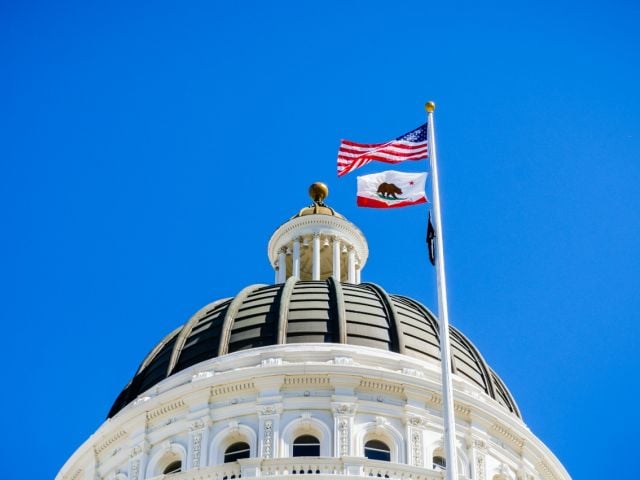SAN FRANCISCO – California regulators today proposed changing the state’s popular rooftop solar program largely to benefit monopoly utilities like Pacific Gas & Electric, making it more expensive for working- and middle-class families to adopt solar.
The California Public Utilities Commission's, or CPUC’s, long-awaited revised proposal for the future of the runaway success solar program drops, for now, a plan to impose a steep monthly tax on the vital clean energy source, as sought by the state’s three monopoly utilities. But the CPUC is not ruling out reviving the tax in the future.
“This is a temporary, strategic retreat from the indefensible solar tax the CPUC and utilities got caught trying to impose on rooftop solar owners. Even so, by slashing the payments rooftop solar can earn from selling clean, unused energy back to the grid, going forward this proposal will significantly compromise California’s greatest clean energy success story,” said Environmental Working Group President and California resident Ken Cook. “One look at the changes the CPUC is proposing shows that they’re on an anti-solar trajectory.”
“The CPUC needs a reset to fit an emerging new world of electric power. We now have strong competition for utilities from distributed solar, battery storage and microgrids, a technological and economic transformation the likes of which we haven’t seen in more than 100 years,” Cook said. “The CPUC seems unable to grasp the fact that when it comes to electric power, the era of ‘natural monopolies’ is over, because competition now makes sense – and the competitors are the utilities’ own customers, who want to power their lives and communities with rooftop solar and battery storage.”
“Temporarily shelving the steep monthly solar tax was about the least the commission could do,” said Cook. “There are other parts baked into the proposal that would still make adopting rooftop solar more expensive for working-class families, even with the added incentives for working-class households that should have been made without changing the successful solar program of the past decade.”
Earlier this year in its formal submission as a party to the CPUC’s proceeding (known as Net Energy Metering 3.0), EWG urged the commission to drop its assault on rooftop solar and focus instead on the supposed justification for slashing rooftop solar benefits by urgently ordering major investments in distributed solar and storage for California’s working-class families and low-income communities.
The CPUC is looking to cut the incentive credits that solar customers get for the surplus energy they generate and sell back to the grid over a five-year period. The credits are a critical component of the current net-metering program that allows budget-conscious families to keep their monthly electric bills low.
The deep cuts to the monthly credits would be the most severe of any residential solar program in the country. This proposed change would hit working- and middle-class families the hardest just as electricity bills in California are rising and among the highest in the country.
California’s investor-owned monopoly utilities have spent years pushing the CPUC to throttle the financial incentives for solar, fearing the impact to their profit margins as more people and businesses embrace the clean power source to cut their costly bills.
The lack of electricity competition in California has led to wildfires that burn large swaths of the state to the ground each year because of criminally negligent maintenance by PG&E, which has killed more than 100 people and destroyed entire towns. At the same time, electricity bills for hard-working residents of the state continue to soar.
“Regulators need to encourage competition by expanding access to rooftop solar, community solar and storage. This proposal does the opposite,” added Cook.
###
The Environmental Working Group (EWG) is a nonprofit, non-partisan organization that empowers people to live healthier lives in a healthier environment. Through research, advocacy and unique education tools, EWG drives consumer choice and civic action.



